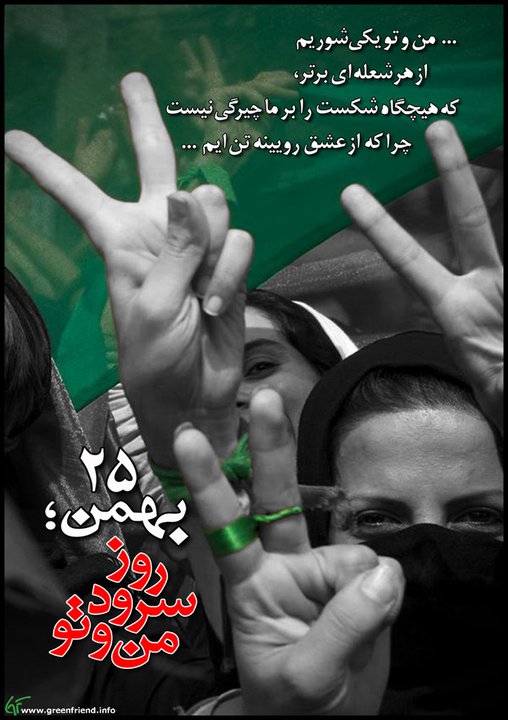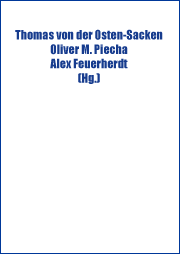„The Jury on German Chancellor Merkel’s New Government is Still Out“
The Jewisch Week, by Benjamin Weinthal — After the re-election of German Chancellor Angela Merkel in late September, Robert B. Goldmann argued on this page that Chancellor Merkel is „good for the Jews“ and she stands unwaveringly „on Israel’s side.“
Goldmann is right to praise Merkel’s condemnation of the Vatican for readmitting the Shoah- denying Bishop Robert Williamsom into the Catholic Church as well as her genuine commitment to Holocaust education.
Yet he fails to mention two of the most pressing litmus tests of German-Israeli and German-Jewish relations, namely; stopping the Iranian nuclear weapons program and the spread of modern anti-Semitism, which manifests itself as bias and hatred against Israel.
German-Iranian trade totalled almost 4 billion euro in 2008, and Germany has largely remained the number one European trade partner of the Islamic Republic of Iran, bolstering the Iranian regime’s infrastructure with sophisticated technology that cannot be matched by other countries.
A telling example: The German engineering giant Siemens, which exploited Auschwitz slave labor to advance Hitler’s war machinery, supplied Tehran with surveillance technology to stifle and block internet, mobile phone, face-book and Twitter communications among the pro-democracy demonstrators in June.
According to the former head of the German-Iranian chamber of commerce, 75 percent of Iran’s economy is dependent on German engineering equipment. The exposure in mid-October that a German shipping company was used to transfer Iranian ammunition to Syria and Hizbullah is another disturbing example of Germany’s massive blind spot toward Israel’s security’s interests.
While verbally criticizing the Pope has symbolic value, imposing unilateral German sanctions to end the flourishing German-Iranian trade relationship would contribute more to the security of Jews worldwide and in Israel.
Iranian despot Mahmoud Ahmadinejad is rapidly exporting his brand of revolutionary Iranian anti-Semitism to the Middle East and South and Central America. What better way could Merkel send an assertive message to the Mullahs than to announce that the Federal Republic of Germany is prepared to cease economic activity with Iran and recall its Ambassador because of the regime’s denial of the Holocaust; its refusal to suspend its nuclear enrichment program; and Tehran’s threats to „wipe Israel off the map.“
Moreover, Merkel’s party controls the Interior Ministry and is uniquely positioned to ban Hizbullah and its 900 active members in Germany. Hizbullah, a proxy military arm of Iran, remains a legal political organization in Germany and funnels money from Germany to its network in Lebanon.
Goldmann also notes that the late Ignatz Bubis, the dynamic former head of the Central Council of Jews in Germany, was a member of Merkel’s new coalition partner, the pro-business Free Democratic Party (FDP).
Yet the FDP vehemently rejects unilateral sanctions against Iran and was mired in the most notorious post-World War II anti-Semitic German election scandal in 2002.
The late Jürgen Möllemann, a top-level FDP politician, stoked anti-Jewish and anti-Israel sentiments through a mass distribution of election flyers bashing Israel and a prominent German Jewish leader. That helps to explain why Israel’s Foreign Ministry is troubled by the FDP’s new foreign minister Guido Westerwelle who, only after massive public pressure, distanced himself grudgingly from Möllemann.
Chancellor Merkel declared in a much praised speech in the Knesset in 2008 that Israel’s security is „non-negotiable“ and integral to Germany’s own security. The Islamic Republic remains Israel’s number one security threat.
Many Israelis, Germans and American Jews are filled with frustration that the rhetoric of Merkel’s administration remains on one side of the fence and her government’s actions on the other side. Chancellor Merkel has an invaluable opportunity to fill her pro-Israel rhetoric with content and meaning. Fluffy speeches should not, however, be interpreted as measures that are “good for the Jews.”
Benjamin Weinthal is the Jerusalem Post correspondent in Germany.





2. November 2009 um 06:57
[…] Read more from the original source: Zu wem stehen die Götter? « FREE IRAN NOW! […]
2. November 2009 um 10:07
[…] the rest here: Zu wem stehen die Götter? « FREE IRAN NOW! Share and […]